ENG ver.
Hello, it’s Pooh.
This time, I would like to introduce you to “Healthy Habits I Practice”.
In today’s society, where stress is abundant, I believe many people feel concerned about their health.
However, I believe that by adopting appropriate habits, one can significantly reduce the risk of illness.
I am confident in my health and have never had any major illnesses so far, and I have never taken sick leave even after becoming a working professional.
Now, I would like to share the healthy habits that I practice.
I refer to books on health for guidance, but I believe the effectiveness and suitability vary from person to person.
If there are any methods that seem suitable for all of you, I encourage you to give them a try.
The Healthy Habit I Practice
Waking up at the same time

I make it a point to wake up at the same time every day.
My wake-up time is usually around 7 a.m., regardless of whether it’s a weekday or a weekend, or even when I’m traveling.
I do this to establish a consistent daily rhythm.
Aligning my daily rhythm with the same waking time makes it easier to plan my day and allows me to use my time more efficiently.
For me, sleep is meant to give my body rest, and 7 to 8 hours of sleep is sufficient.
On the contrary, I feel that oversleeping is a waste of time.
Some people may say they “accumulate sleep” on weekends, but waking up at the same time every day helps avoid irregular sleep patterns.
However, it’s important to avoid insufficient sleep as it doesn’t allow the body to rest adequately.
Morning Walk
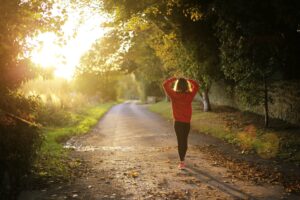
I make it a habit to go for a walk every morning.
As explained in a separate article, there are numerous benefits to morning walks.

Walking in the morning stimulates the production of serotonin, enhances daily performance, resets the body’s internal clock, and promotes the synthesis of vitamin D, which is often deficient.
Whether it’s before starting work or on weekends after waking up, even a 10-minute walk can change your mood.
To live a more fulfilling life, I highly recommend taking a short walk outside every morning and embracing your inner humanity.
Pull-Ups at the Park
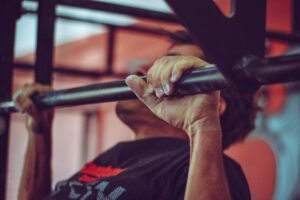
During my morning walk, I make a stop at the nearby park and do around 10 to 20 pull-ups.
Pull-ups are a demanding exercise that effectively targets the abdominal muscles, even with just 10 repetitions.
I’ve tried various abdominal and upper-body exercises in the past, but I find pull-ups to be the most effective.
Additionally, they quickly warm up the body, making them ideal to perform before work.
On rainy days, I use a ab roller at home to exercise my body.
Even with just a few sets of ab roller exercises, it effectively engages the abdominal muscles, so I highly recommend it.
Running on Weekends
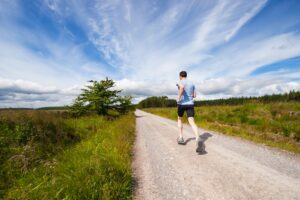
On weekend mornings, I make it a habit to go for a run.
I typically cover a distance of around 5 to 7 kilometers, which takes me roughly 30 minutes to 1 hour.
Morning runs leave me feeling refreshed and energized, setting the tone for a fulfilling day ahead.
夕方は5kmだけ走りました。ストレスやメンタルに対しては運動がやっぱり効果的。#ランニング pic.twitter.com/Kgz2e34f2N
— ぷーさん (@poohfinance) April 12, 2023
Some people may think that running is challenging, but personally, I believe it is one of the most convenient, cost-effective exercises that offers numerous benefits.
I have another article where I delve into the effects and benefits of running in more detail, so please feel free to check it out as a reference.
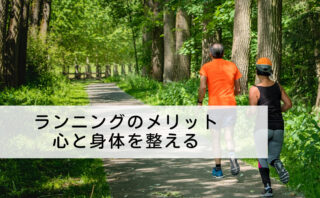
Skipping Breakfast

I have been practicing the popular “16-hour fasting” method.
This method, featured in the bestselling book “The Power of “Hunger””: Fasting for 16 hours promotes the functioning of internal organs, fat breakdown, and the secretion of growth hormones, leading to improved health.
During the fasting period, you can consume water and nuts without any issues, and you can allocate the fasting time to your sleep, making it surprisingly easy to incorporate.
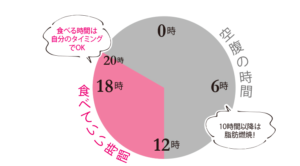
参照先:細胞レベルで若返る!【16時間断食ファスティングダイエット】で2週間でウエストマイナス13cm!
As long as you maintain a 16-hour fasting period, there are no restrictions on your eating during the other times of the day.
Personally, I have my first meal after the fasting period around 12 p.m. or 1 p.m., which is usually a light meal like a small bowl of udon or soba noodles.
For dinner, I often eat with my wife, and we generally have the freedom to choose what we like to eat.
While I am mindful not to overeat, the lack of restrictions allows me to avoid feeling stressed.
This book was also mentioned in a video by Atsuhiko Nakata, and I believe it is a valuable resource.
In fact, I started skipping breakfast several years ago after learning about the benefits of fasting from another book.
The book that introduced me to the effects of fasting was “Why Is Hunger Good?” by Yasumitsu Ishihara.
Although this book is from four to five years ago, it explains that most lifestyle diseases are caused by “overeating.”
Thanks to this book, I was able to lose approximately 10 kilograms by combining morning fasting with moderate exercise.
I have been able to maintain my weight and body fat percentage since then.
If you are interested in nutrition, I believe this book is also worth reading.
I make it a point to go to bed at the same time every night

Maintaining a regular sleep schedule and setting a consistent wake-up time aligned with your daily routine are important factors in ensuring a healthy sleep pattern.
Going to bed at a specific time is crucial for achieving this.
Personally, I usually aim to go to bed between 11:30 PM and midnight.
By developing a habit of going to bed at a fixed time, I have noticed that over time, I naturally start feeling sleepy around that time, which helps prevent staying up too late at night.
Reasons for Weight Gain
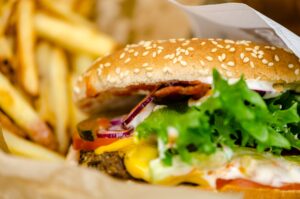
Now, let’s reconsider the concept of “unhealthiness” and delve into the reasons for weight gain.
The fundamental reason is quite simple:
In other words, when the calories consumed exceed the calories burned, the surplus energy is stored as body fat, leading to weight gain.
While the media showcases various diet supplements, exercises, workout equipment, and slimming foods, the key to avoiding weight gain lies in avoiding excessive eating and engaging in moderate physical activity.
Claims like “effortless weight loss” may be made, but in reality, it is not that simple.
Personally, I make sure to engage in one hour of exercise on my days off and pay attention to my eating habits. Sustaining good health requires a minimum level of effort and consideration for our bodies.
As mentioned in the earlier book, the primary cause of lifestyle diseases is often “overeating.”
Being overweight poses various health risks, so vigilance is necessary.
肥満になると体にどんな影響があるのでしょうか?
肥満度が高くなるにつれ、睡眠中の呼吸障害をきたしやすくなり、突然死や睡眠時死亡を引き起こすことがあります。また、糖尿病や高血圧症、高脂血症、痛風…など様々な病気の原因ともいわれています。この様に、いかに肥満を予防するかは現代人にとって、日々心掛けねばならない重要なテーマなのです。
肥満になる原因
As obesity increases, individuals are more susceptible to sleep-related breathing disorders, which can lead to sudden death or death during sleep. Additionally, obesity is associated with various diseases such as diabetes, hypertension, hyperlipidemia, and gout. Thus, preventing obesity is a crucial and daily consideration for modern individuals.
Regarding the causes of obesity, the daily caloric requirements differ based on individual height, gender, age, and activity level. You can use the following website to easily calculate your required daily calorie intake:
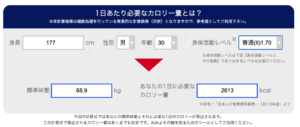
This serves as a general guideline, but understanding your daily caloric needs can assist in determining whether your current dietary habits are excessive or not.
The Detriments of Being Unhealthy

So, what are the drawbacks of being “unhealthy”?
I came across an interesting article on President’s website:

The article presents simulations of savings at the time of passing away for three cases: “healthy individuals during their active years,” “those prone to illness throughout their lives,” and “people who developed serious illnesses after retirement.”
Individual who was “prone to illness” since their active years (stroke at 55, dementia at 75)
Savings at age 85 at the time of passing away: “-40.17 million yen”
Individual who developed illnesses “after retirement” (stroke at 66, dementia at 75)
Savings at age 85 at the time of passing away: “-2.28 million yen”
「40歳→85歳を試算」不健康な人は健康な人より約5000万円も損をする
Based on a calculation from age 40 to 85, unhealthy individuals would lose approximately 50 million yen compared to healthy individuals.
It appears that being unhealthy leads to a loss of around 50 million yen compared to being healthy.
When you suffer from serious illnesses due to being unhealthy, there are medical expenses involved. However, thanks to Japan’s robust public insurance system, the burden of personal expenses can be significantly reduced.
Nevertheless, illnesses that prevent you from working or result in a decrease in income have a significant impact on your household finances.
Especially if you experience major illnesses during your active years and require long-term care or become bedridden, it can have a substantial impact on your income, and if you have a family, it may require significant lifestyle changes.
Not only does it affect your work, but it can also force you to give up personal aspirations due to illnesses and spend precious time in hospitals.
To avoid such situations, it is crucial to invest in activities such as going to the gym and consuming a healthy diet.
Changing habits and behaviors is best initiated at a young age.
If you wait until you are older, it will require more effort than you can imagine.
Recognize the risks to your own health and start taking care of your body right away.
Summary

In this article, I have discussed the “healthy habits I practice.”
Health is an important aspect, and I personally prioritize my health.
Being unhealthy comes with risks and disadvantages, with the potential for significant impacts.
Even if one is wealthy or leads a privileged life, it loses meaning if health is compromised.
The media promotes numerous products claiming quick weight loss or fatigue relief, but maintaining health is not easy.
Daily attention to diet and sleep is necessary, as well as dedicating time to moderate exercise. By maintaining a strong health consciousness, one can build a foundation to stay active and vibrant in a future long-living society.
Let’s not underestimate the importance of health and strive for a lifestyle that cares for our mind and body.
Thank you for reading this article.
Pooh
JPN ver.
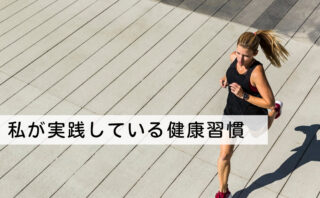
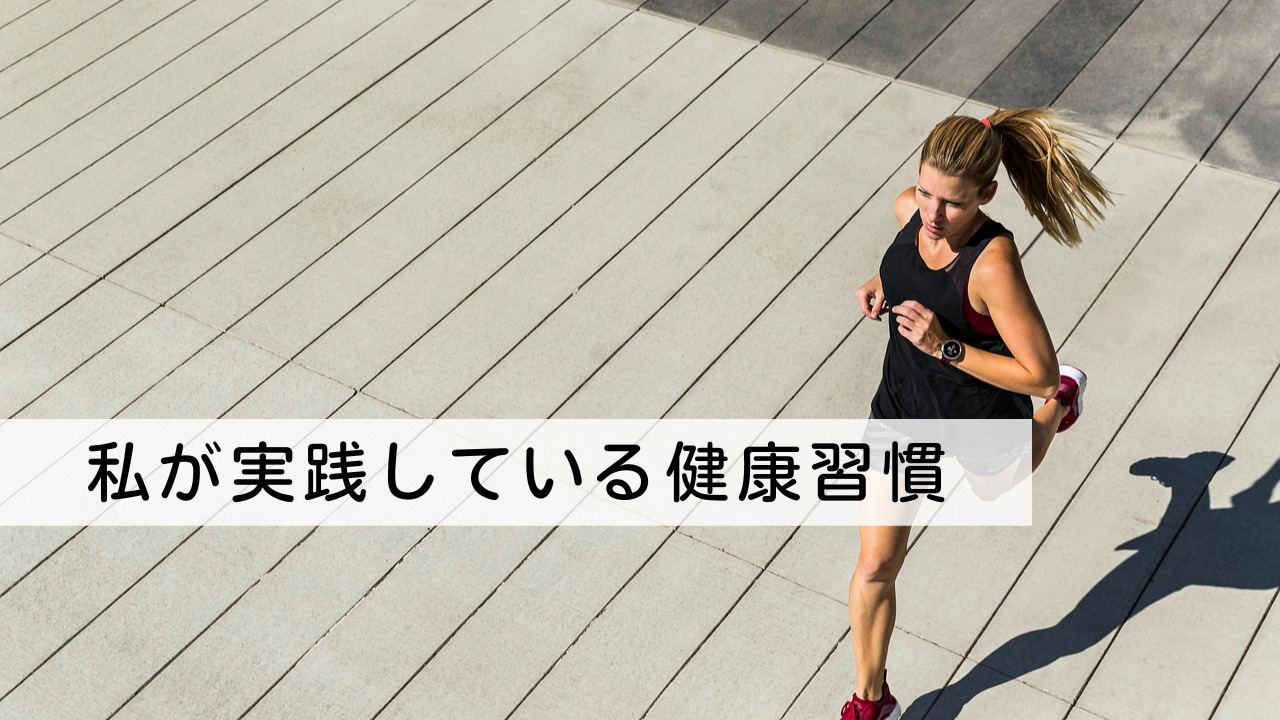
コメント